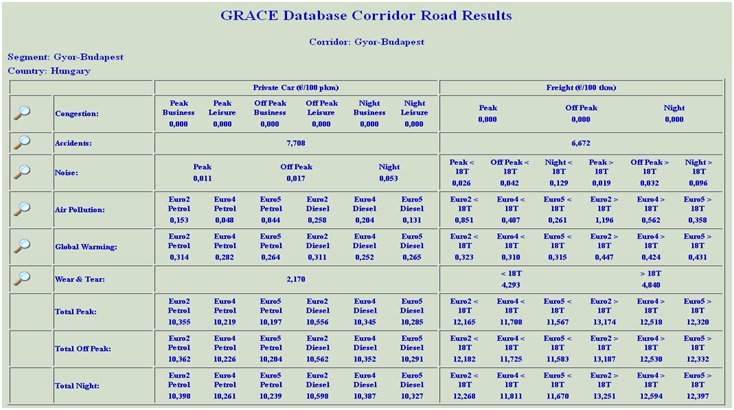Efficient pricing in transport and the internalisation of the external costs of transport have been key aspects of European transport policy for over a decade now. As the GRACE project comes to a close, the Commission is working to prepare a Communication on the internalisation of the external costs of transport that responds directly to the European Parliament’s request for a model for the assessment of all external costs. The estimation of external costs is absolutely central to the pursuit of the Commission’s transport pricing policy, and GRACE is the most recent in a series of research projects to undertake such cost estimation. Understanding the potential impacts of different policy options is also vital to the process of taking the policy forward, and modelling to understand the impacts of different pricing policies on the economy, on the environment and on society at large has been a core part of GRACE. European transport pricing policy is at an exciting juncture and GRACE finds itself drawing its conclusions at a point where policy-makers are actively taking forward the transport pricing policy agenda.

The GRACE project aims to support policy makers in developing sustainable transport systems by facilitating the implementation of pricing and taxation schemes that reflect the costs of infrastructure use. It covers the following areas of research:
- Case study research to address gaps in the existing level of knowledge of marginal social costs for road, rail air and waterborne transport,
- Development and refinement of methods to enable the use of transport accounts as monitoring instrument for the implementation of transport pricing reform in an enlarged Europe,
- Innovative research on the appropriate degree of complexity in transport charges,
- Guidance on the marginal social cost of the different modes of transport in specific circumstances and on simple and transparent methods for determining charges,
- Modelling the broad socio-economic impacts of pricing reform.
